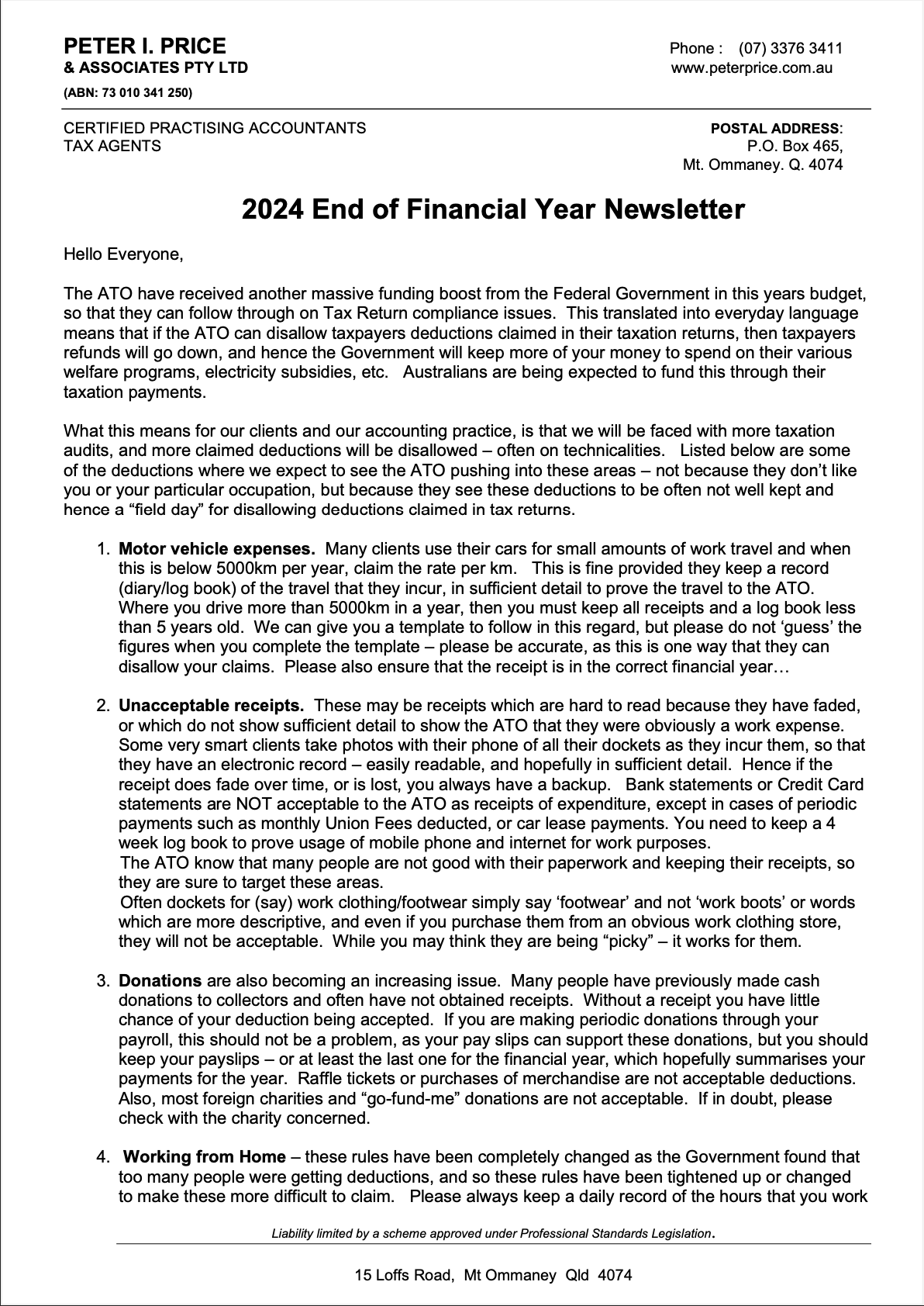Small businesses may ‘collapse under strain of payday super’, IPA warns

.
The Institute of Public Accountants has told the government that the implementation of payday super should not proceed without system improvements being made first.
In its pre-budget submission, the IPA said the introduction of payday super is a significant departure from the existing arrangements where the payment of employees’ salaries and wages is separate from the payment of their super entitlements.
“Over 60 per cent of employers pay their SG contributions quarterly, so payday super will inevitably be one of the most significant changes to the superannuation sector since compulsory super began,” the IPA said.
The association said the existing SG system has many issues that need to be addressed so that they are not dragged into the new regime.
“PDS should not proceed without system improvements addressing the current identified drawbacks, otherwise we will be introducing additional unnecessary complexity into the new regime,” it stated.
“The use of SuperStream, clearing houses, super choice/stapling and remittance processes need to be refined and streamlined to support the move to near real time payment of SG.”
The submission noted that the proposed policy changes will impact a wide range of legislative provisions, employers’ compliance requirements, the onboarding of employees with an employer, payment and reporting systems and processes, and services provided by intermediaries such as payroll providers and clearing houses and administration by the ATO.
“As a result, every aspect of the policy and its impact needs to be carefully considered,” the IPA said.
“Otherwise, there is a high likelihood of significant and unintended consequences that may affect employers’ ability to comply with the PDS model.”
The IPA said processes within the current system must be improved as there is only a small window for error corrections to accommodate the more frequent payment of SG.
Cash flow challenges for smaller businesses
The association also warned that more frequent SG contributions will lead to higher costs for employers by way of processing costs and higher transaction and servicing costs.
“In addition, the cashflow consequences for employers cannot be ignored especially for small and medium businesses,” it said.
“The move to immediate payment may pose challenges during the transitional period where the old and new regimes overlap, and some entities, in particular smaller employers, may collapse under this strain, as the proverbial ‘straw that broke the camel’s back’ syndrome.”
Penalty regime for SG must be overhauled
The IPA is also calling on the government to change the current penalty regime for the late payment and underpayment of SG.
“We consider that the Superannuation Guarantee Charge (SGC) model in its current form is overly complex and punitive,” the IPA said.
“The design of the SGC and the associated penalties deter self-rectification, and they therefore operate as a disincentive for employers to voluntarily report and rectify historical shortfalls,” it said.
One of the key concerns, the IPA said, is the draconian application of penalties that do not proportionately reflect the loss to employees or the ‘culpability’ of an employer who is in arrears.
“Late payment penalties under the existing penalty regime for failure to make SG payments on time need to be revised,” the submission said.
“PDS represents an overdue opportunity to completely redesign the SG penalty regime, to make it simplified and less punitive for employers trying to do the right thing. It must deter bad behaviour, whilst encouraging employers to quickly identify and fix errors.”
07 February 2024
Miranda Brownlee
accountingtimes.com.au

